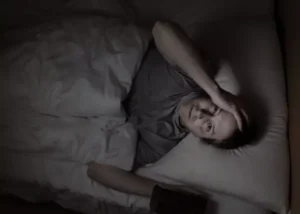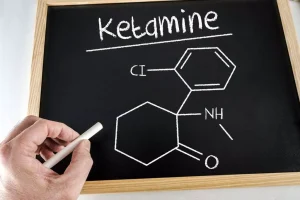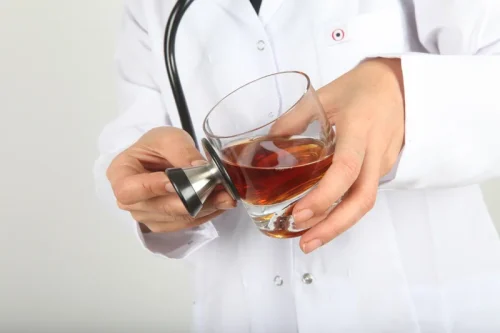Should I Go Back to Rehab?

She is a practicing healthcare professional holding a doctorate in physical therapy at DOW University of Health Sciences. Dr. Saman started content writing to blend her passion for writing and medicine with her extensive clinical experience. These brief outpatient treatments may be beneficial in many ways, including avoiding the need to enter a more extensive rehabilitation facility. This follow-up service may be provided to you by the rehabilitation program that you first attended, or a nearby treatment facility may be able to offer these sessions to you.
The Emotional Stage of Relapse

Regardless of how you define these terms, a slip increases the risk of a complete relapse. The best way to avoid a relapse is to attend an addiction treatment program. Leaving against medical advice typically results in increased mortality and health care costs.
- This kind of setback does not signal the end of the road to recovery, even if professional rehabilitation has already been attempted in the past.
- Many alumni programs, such as those offered by American Addiction Centers (AAC), host peer gatherings and can connect you with addiction aftercare services.
- During this stage, it helps to be honest, especially if there is an underlying mental illness or other condition.
- Make an appointment with a psychotherapist who specializes in addiction and co-occurring disorders before your loved one leaves treatment.
Help Center
The medical community considers relapsing to be a symptom of addiction and recovery. That is why many rehab centers offer special rehab programs that provide extended care or aftercare, lasting throughout a person’s lifetime. Free addiction treatment programs and resources are also available for people with low or unstable incomes. Talk to your insurance provider about your coverage, or talk to a healthcare professional for affordable treatment in your area. This lack of commitment, among other factors, is often cited for the “revolving door syndrome,” or a cycle of treatment, relapse, and a return to treatment.

Find Help for a Drug or Alcohol Relapse
If they’re someone that truly cares, they’ll support the decision to get sober because it’s what’s best. The severity of your addiction is determined by how many criteria you have met. For example, if you met 2 to 3 of the above-mentioned criteria, your doctor may likely asses that you have a mild substance use disorder. In order for a severe addiction to be present, you must experience at least 6 of the listed criteria. However, even if you have a mild diagnosis, it is still extremely important to seek professional care to reduce the risk of the disease becoming severe. When it comes to substance use disorders, it can be quite difficult to admit there may be a problem.

Your doctor or counselor can help determine what to look for and how to recognize signs of an impending relapse. Also, please don’t hesitate to call your previous treatment center’s admissions coordinator to determine their guidelines before deciding where to go next. Relapse and multiple rounds of treatment are going back to rehab not abnormal for those struggling with an addiction. It’s an opportunity to learn about how one has changed and how treatment needs to be adjusted. Addiction can be a lifelong struggle, so an enduring sense of determination and willingness to learn and adapt are essential to achieving long-term recovery.
- That’s why we have a comprehensive set of treatment providers and don’t charge for inclusion.
- Cost doesn’t always mean the care will match the value; any rehab can have great, or less passionate, professionals.
- A slip might be a night out drinking or one-time use of a drug you were addicted to.
- It’s an opportunity to reassess your current treatment plan and continue to move forward in recovery.
Questions About Treatment?
Family members also learn how to better support their loved one once they return home, which can be crucial in preventing a relapse—and helping families know what to do if one happens. The support of family and friends can make all the difference in someone’s recovery4. They can 1) offer encouragement and motivation to stay committed to recovery and 2) help their loved one find their treatment options and go with them to any initial appointments as emotional support. Plus, addiction can be a relapsing disorder3 like asthma and diabetes. Some consider ‘successful treatment’ as a recovery with zero relapses. Some view relapses as a natural part of the recovery process—they happen, but don’t mean rehab didn’t work.

What is Relapse?
You may wonder if there is a difference between a slip, or a “lapse,” and a true relapse. A lapse is a temporary, often one-time, return to prior drug-use behavior, whereas a relapse is a “full-blown” return to drug or alcohol abuse after an https://ecosoberhouse.com/ attempt to quit. To better understand this concept, we’ll compare drug addiction lapse and relapse to a person trying to lose weight and maintain the weight loss. Eating a single piece of pizza, for instance, would be considered a lapse.
- Sometimes, a person may relapse back to one of these stages, as they struggle to maintain their recovery.
- Rehab facilities can assist with these additional needs of a patient while also treating an AUD.
- Other people may fear the unknown, as they don’t know how to live outside addiction.
- No one likes the idea of having to return to rehab, but it can quite possibly save your life.
Importance of Aftercare

